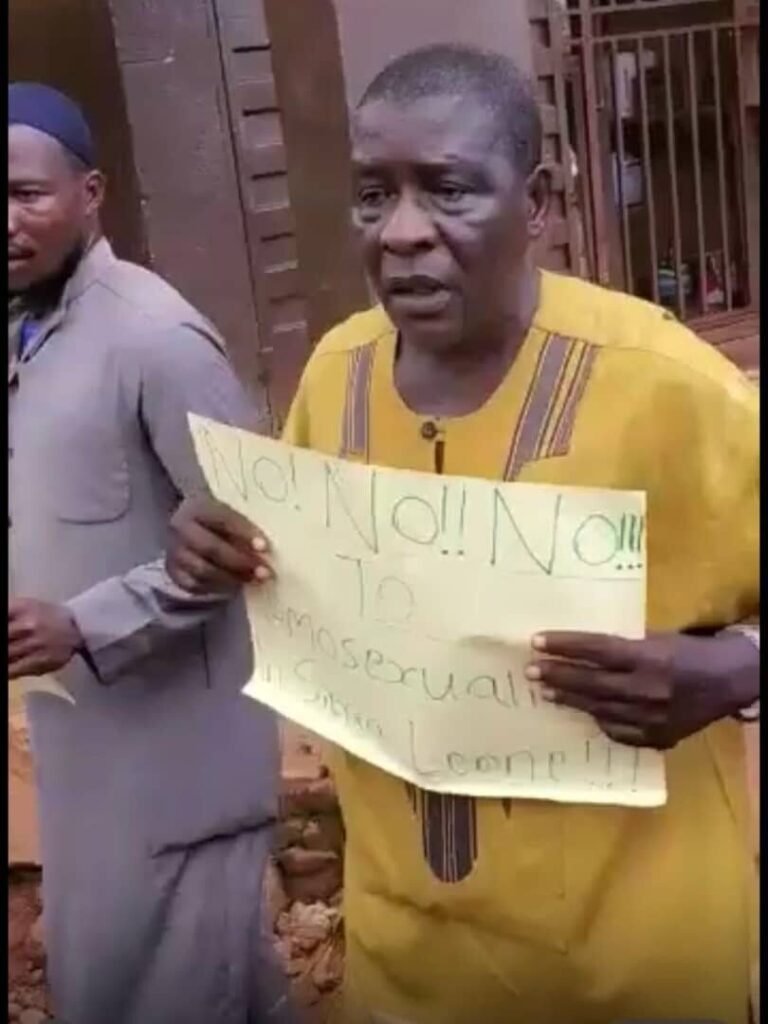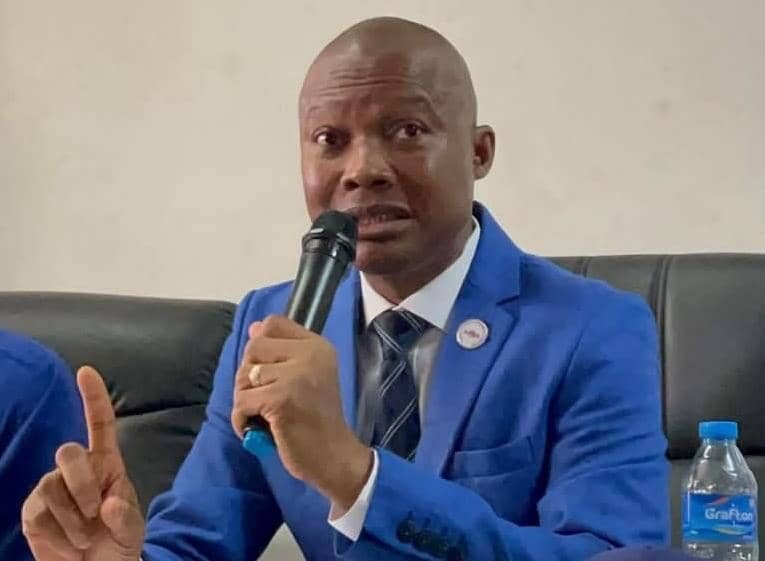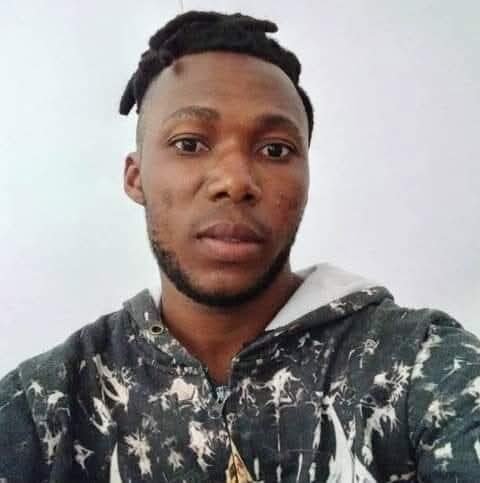From Silence to Survival: Mohamed Jalloh’s Fight for Dignity Beyond Sierra Leone’s Borders

Mohamed Jalloh was born in the quiet village of Mpaki Masabom in Sierra Leone’s Bombali District. Raised among rolling green fields and the gentle rhythm of rural life, he grew into a strong, hardworking man. A cattle rearer and dedicated farm producer, Mohamed was admired for his commitment to the land, his animals, and the simple life he led.
But there was one part of Mohamed’s identity he could not share openly: he was gay.

In Sierra Leone, same-sex sexual activity is still criminalized under Section 61 of the Offences Against the Person Act of 1861 a colonial-era law inherited from British rule. It defines “buggery” as a crime against nature, punishable by life imprisonment.
Although the Constitution of Sierra Leone guarantees basic rights such as freedom of conscience, expression, and privacy under Article 15, it does not explicitly prohibit discrimination based on sexual orientation or gender identity. This gap in protection leaves LGBTQ+ individuals like Mohamed vulnerable often forced to live in silence and fear.
In Mohamed’s village, religious traditions and cultural norms ran deep. Difference was taboo, and deviation from heterosexual norms was met not with dialogue, but with disdain.

Mohamed lived carefully. Quietly. But on one market day, that careful silence was shattered.
With most villagers away in the nearby town, Mohamed seized a rare moment to spend time with his partner someone he loved deeply, in a world where that love was deemed illegal and immoral. They believed they were alone. They were not.
A group of young men, returning early from the market, stumbled upon them. Fueled by shock, hatred, and prejudice, the group attacked. Mohamed’s partner managed to escape, but Mohamed was not so lucky. He was brutally beaten, left bloodied and unconscious. Only by feigning death did he survive the ordeal.
When the attackers fled, believing him dead, Mohamed summoned the strength to flee. Half-clothed and battered, he made his way to the nearest police outpost, desperate for help only to find himself in even more danger.
The officers recognized him. Mohamed had previously attended a peaceful LGBTQ+ rights demonstration in Makeni. His photo had been circulated. The police informed him he was wanted for “inciting public unrest,” a catch-all accusation used to suppress queer voices.
As of now, Mohamed’s fate remains uncertain. He lives in hiding, in a land not his own, hoping for safety that has long eluded him.
But his story echoes far beyond the village of Mpaki Masabom. It is a stark reminder of the courage it takes to live truthfully, and the price too many pay for simply existing.
Mohamed’s journey speaks to a greater truth: until justice is inclusive, until rights are truly equal, the struggle continues from silence to survival.
Thank you for reading! If you have any questions, concerns or wants a promotion, please don’t hesitate to contact us.
Follow us on All Social Media Platforms
Stay Updated! 📩
Subscribe to our newsletter for the latest news, insights, and exclusive updates. Don't miss out






